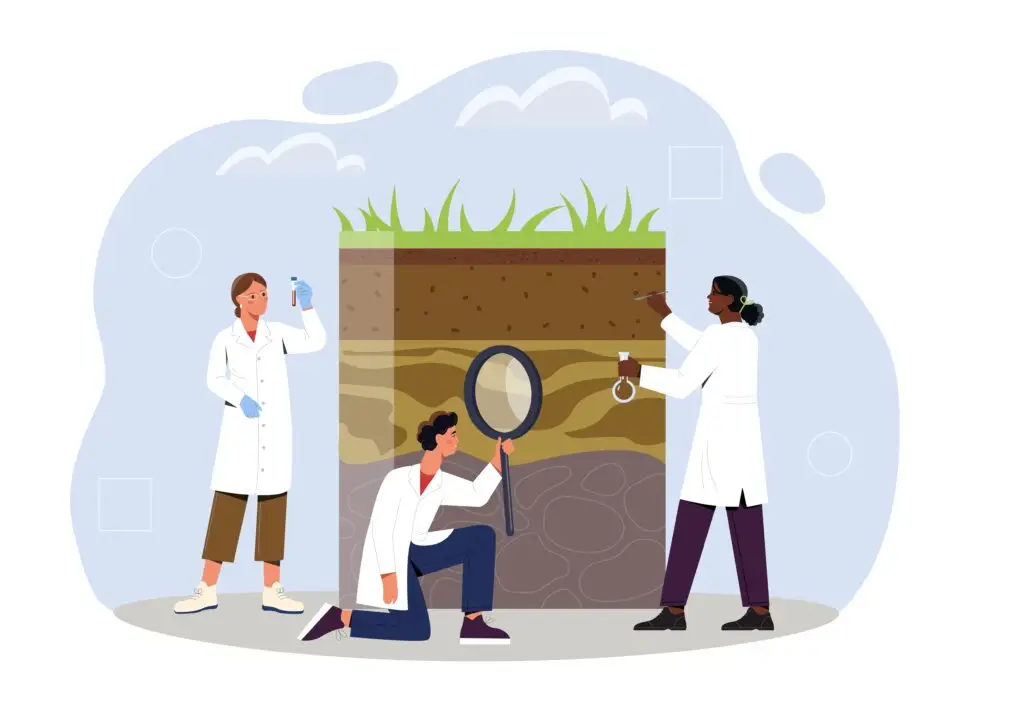Ecology
What is Ecology?
Ecology is the branch of biology that studies how organisms interact with each other and with their environment. Ecology explores relationships within ecosystems, including the distribution, abundance, and behavior of species.
The Study of Living Things and Their Environment
Ecology is the science of understanding how living things, like animals and plants, interact with each other and their surroundings. It helps explain how ecosystems work and how everything is connected, from tiny insects to big forests.
What Ecologists Study
Ecologists focus on:
- Ecosystems: Communities of animals, plants, and their physical environment, like rivers, forests, or oceans.
- Food Chains and Webs: How energy moves through ecosystems, like how plants feed herbivores, which then feed carnivores.
- Habitats: Where living things live and how they use their space.
- Populations: The size of a group of animals or plants and how they grow or shrink over time.
Why Ecology Is Important
Ecology helps us:
- Protect Nature: By understanding how ecosystems work, we can help save endangered species and habitats.
- Manage Resources: It shows how to use resources like water and forests without destroying them.
- Fight Climate Change: Studying ecology helps us understand how to reduce harmful effects on the environment.
Examples in Action
- Forests: How trees, animals, and fungi depend on each other to grow and thrive.
- Coral Reefs: How fish, corals, and algae interact in underwater ecosystems.
- Urban Ecology: Studying how animals like pigeons and raccoons survive in cities.
Challenges in Ecology
- Pollution: Chemicals and trash harm ecosystems and the animals living there.
- Habitat Loss: Cutting down forests or filling wetlands destroys homes for wildlife.
- Invasive Species: New plants or animals can disrupt ecosystems by taking over.
